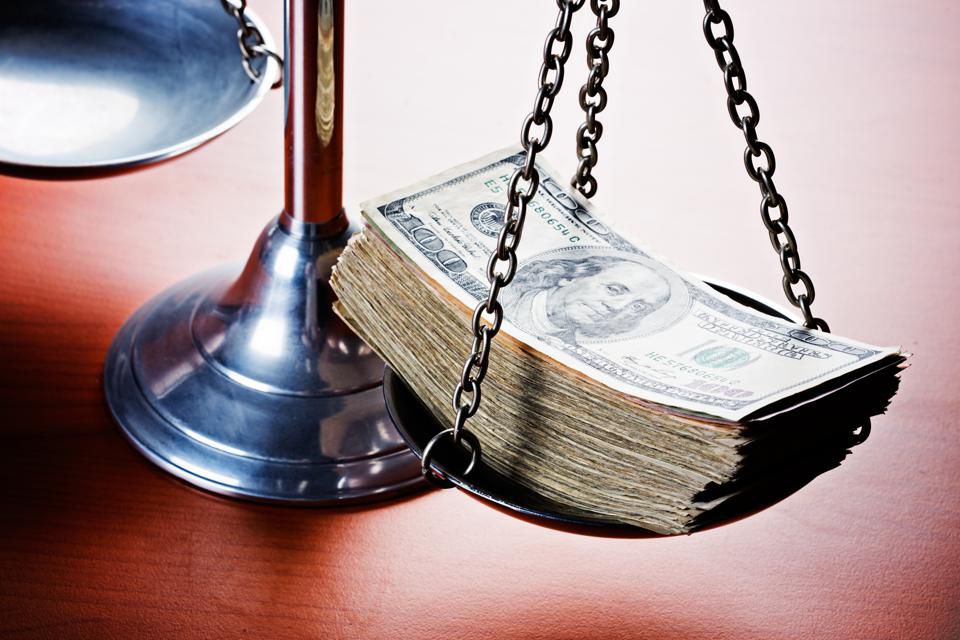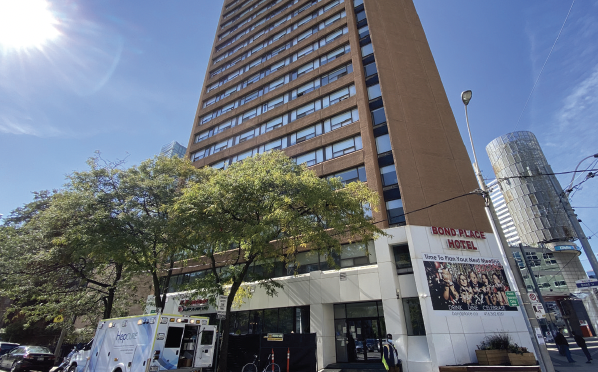André Bermon, Publisher

Behind the hysteria of Covid-19 cases and deaths, the wealth of the top percenters continues to grow. While the pandemic has upended the lives of millions of people around the world, large corporations are quietly amassing one of the largest consolidations of wealth in human history.
Using data compiled by Forbes magazine, Americans for Tax Fairness and the Institute for Policy Studies reported that the 661 U.S. billionaires had collectively accumulated $1.3 Trillion (USD) between 18 March 2020 and 19 February 2021. A 44% increase – from $2.95trn to $4.25trn – in just 48 weeks.
The biggest winners of the pandemic power grab were in the vaunted tech sector.
Elon Musk, celebrity CEO and founder of Tesla Inc. and SpaceX, grew his wealth from $24.6 billion to an astonishing $182bn. Amazon Inc. founder Jeff Bezos gained $73bn and Facebook’s Mark Zuckerberg cashed in $41bn, while Microsoft’s Bill Gates got $26bn more.
Earnings from these four men alone account for 24% of the $1.3trn extra collected by U.S. billionaires during the first 12 months of Covid-19 lockdowns. Meanwhile, the bottom 50% of Americans, according to the U.S. Federal Reserve, have a combined wealth of $2.4trn.
Levels of inequality worsened by health restrictions
Such a massive increase in the global elite’s wealth comes during record unemployment and small business closures, and unprecedented levels of government debt.
In Canada, where many middle to low-income earners have suffered, individuals running large companies also saw big-time gains.
According to the Canadian Centre for Policy Alternatives, the 47 listed billionaires in Canada added $78 billion (CAD) to their overall fortunes since March 18, 2020. The total combined wealth of Canada’s billionaires is now $270bn.
David Thompson, chairman of Thompson Reuters, one of the largest media conglomerates in the world, benefited the most with $14.4bn extra.
Though wealth disparity in Canada is less severe than in the United States, numbers show a staggering amount of concentrated prosperity in the hands of the few.
In a 2018 CCPA document entitled “Born to Win,” by David MacDonald, data compiled from Canadian Business magazine revealed that Canada’s wealthiest 87 families were on average 4,448 times richer than the average family. These top 87 families had a combined wealth equal to the bottom 12 million Canadians.
Worsened levels of inequality caused by prolonged health restrictions have renewed calls for a tax on the rich.
Legacy media articles suggest that a levy on wealth (the NDP proposes a 1% tax on those with $20 million in assets) could help pay for the billions of dollars going out via the federal stimulus program.
But even if a wealth tax is imposed, industry-leading companies will continue to solidify their market share dominance. Since the beginning of 2020, the global economy has seen huge mergers and acquisitions in tech and telecommunication sectors.
Trail-blazing to new heights was Nvidia Corp.’s move to buy Arm Ltd. from the Japanese holding company Softbank Group. The $40bn (USD) deal would make Nvidia one of the premier semiconductor companies at a time when demand for electronic chips is soaring. (Pandemic splurges for new laptops, screens and phones have led to a worldwide chip shortage).
In Canada, two of the largest telecom and cable providers, Rogers Communications and Shaw Communications, proposed a $20bn (CAD) buyout in April.
This deal, and Sobeys parent company Empire acquiring a majority stake in Longo’s grocery store chain for $357 million, are examples of consumer-driven industries amalgamating to further monopolize and control society’s most essential services.
These coalescing forces of wealth and power are manifesting before regions like Ontario have found a clear and concise way to emerge from the pandemic. For all the stringent social distancing requirements, intermittent lockdown measures and now the vaccine rollout, a timeline for a general reopening is still anyone’s guess.
What is evident amidst the global health crisis is that the curtailing of people’s livelihoods has proven a boon to the super rich.



